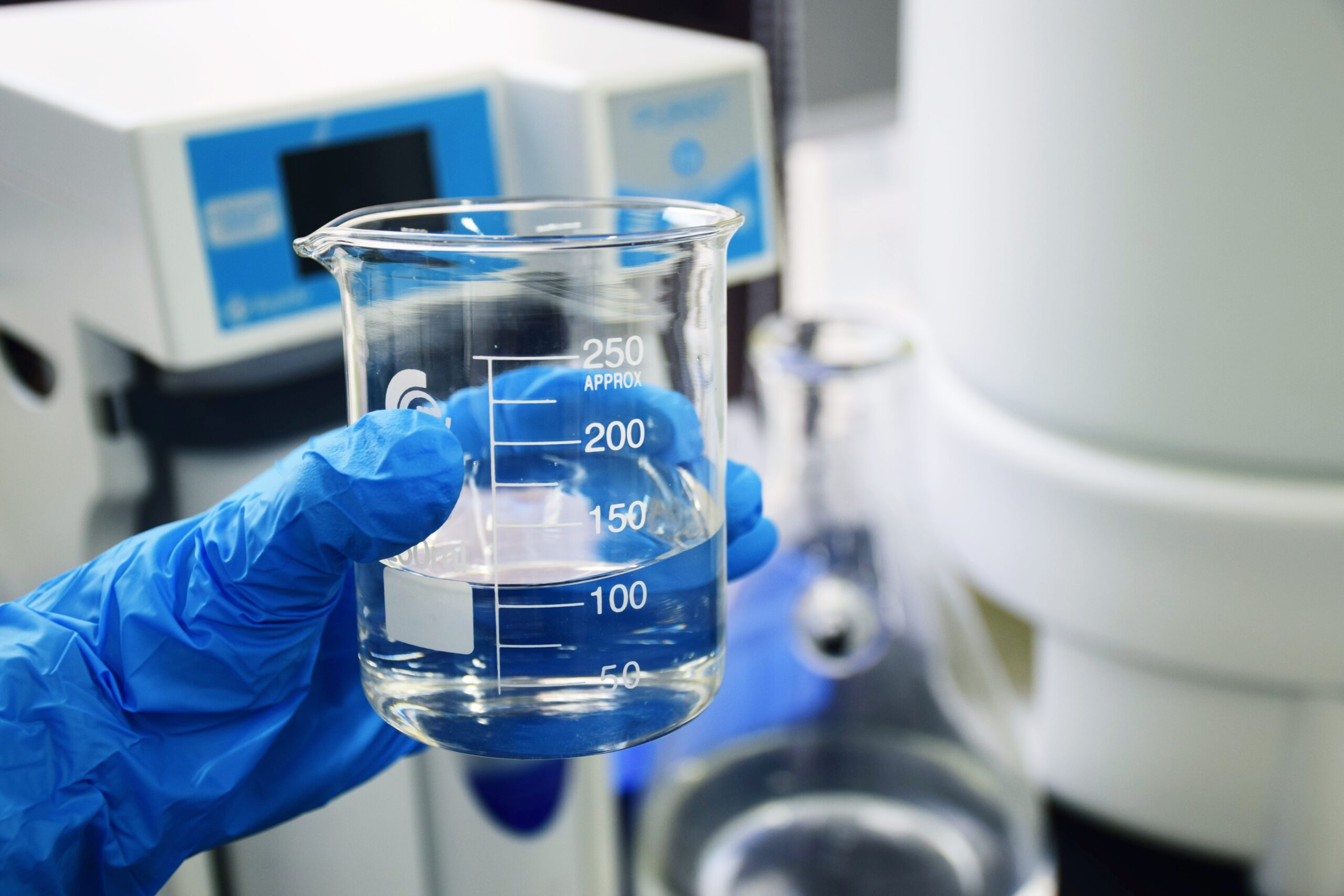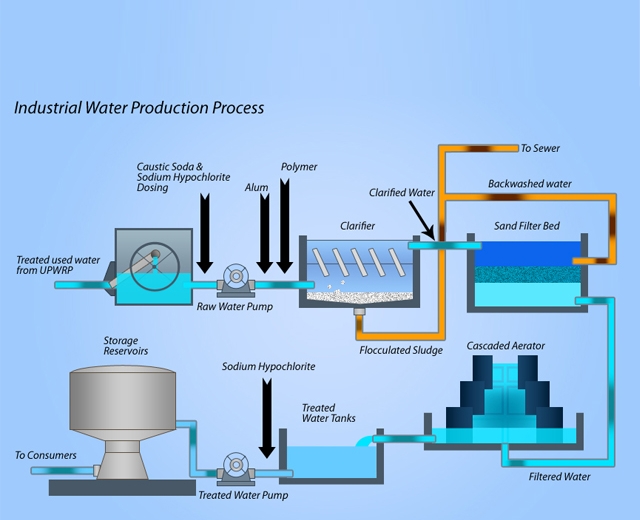Why a Water Purification System Is Important for Tidy, Safe Water
Access to clean, safe water is a fundamental human right and a foundation of public wellness. The visibility of damaging pollutants such as microorganisms, hefty steels, and chemical toxins in our water supply elevates serious issues about wellness and health. A water filtration system stands as an important service to alleviate these risks, ensuring that people and areas can access secure alcohol consumption water. Comprehending the details of these systems and their various techniques is vital, specifically as we think about the implications for health outcomes and ecological sustainability in our lives.
Value of Tidy Water
Access to tidy water is a fundamental requirement for human wellness and health. It is essential for sustaining life, sustaining health, and keeping overall public health. Water Purification System. The schedule of safe alcohol consumption water dramatically lowers the risk of waterborne diseases, which present a significant threat to neighborhoods worldwide. Polluted water can bring about serious wellness issues, including gastrointestinal ailments, cholera, and dysentery, especially in vulnerable populaces such as children and the senior.
In addition, tidy water is vital for hygiene and hygiene techniques, which are important in protecting against the spread of contagious diseases. Ample water supports correct sanitation centers, promoting a healthier environment. Furthermore, access to secure water affects socioeconomic elements, as it enables neighborhoods to take part in industrial and farming activities, inevitably contributing to financial growth.
In many areas, the absence of tidy water exacerbates poverty and inequality, additional preventing development towards sustainable growth goals. Making sure accessibility to tidy water is not only a public health essential yet additionally a foundation for social equity and financial development. Efforts to improve water high quality and framework have far-ranging advantages, promoting much healthier neighborhoods and boosting high quality of life.

Usual Pollutants in Water
Making sure the availability of tidy water is threatened by different contaminants that can jeopardize its safety and security and high quality. The visibility of pathogens, such as bacteria, parasites, and infections, postures significant health dangers, specifically in areas lacking appropriate sanitation. These microbes can result in waterborne conditions, leading to severe disease and even fatality.
Chemical contaminants additionally present a crucial problem. Heavy steels, including mercury, arsenic, and lead, commonly enter water products with industrial discharges or rusty pipes. These compounds can build up in the body with time, causing long-term health and wellness concerns such as neurological damage and developmental disorders.
Additionally, agricultural overflow presents chemicals and plant foods right into water supply, which can interfere with communities and negatively effect human health and wellness. Nitrates, generally located in plant foods, can create major conditions like methemoglobinemia, particularly in infants.
Advantages of Water Filtration Equipments
Identifying the crucial need for safe drinking water, water purification systems provide a myriad of benefits that enhance public health and wellness and ecological sustainability. Mainly, these systems properly eliminate hazardous impurities, including microorganisms, viruses, hefty steels, and chemicals, making certain that the water eaten is cost-free from pathogens and toxins. This decrease in contaminants considerably decreases the risk of waterborne diseases, promoting general neighborhood health.
Along with health and wellness benefits, water purification systems add to environmental sustainability by minimizing reliance on mineral water, which typically produces excessive plastic waste. By utilizing a filtration system, homes can decrease their carbon impact and add to a much more sustainable ecosystem. These systems can improve the taste and odor of water, making it more palatable for everyday consumption.

Different Sorts Of Filtration Approaches

One common technique is reverse osmosis, which makes use of a semi-permeable membrane to separate water from dissolved solids and pollutants. This procedure efficiently reduces pollutants, consisting of heavy metals and chemicals. One more widely made use of strategy is ultraviolet (UV) disinfection, which uses UV light to neutralize infections and bacteria, rendering them harmless without using chemicals.
Triggered carbon filtering is an additional prominent technique, making use of carbon to adsorb organic compounds, chlorine, and unpleasant smells, enhancing taste and smell top quality. Purification, a procedure that includes boiling water and condensing the vapor, effectively gets rid of minerals and contaminants but might need even more energy compared to various other methods.
Ion exchange is usually made use of to soften water by changing calcium and magnesium ions with sodium or potassium ions. Each technique has its restrictions and benefits, making it necessary to comprehend their performances and efficiency in addressing specific water top quality problems - Water Purification System. Eventually, selecting the ideal purification approach is essential for making certain risk-free and clean drinking water
Picking the Right System
Choosing an appropriate water filtration system requires cautious consideration of different factors, consisting of the specific pollutants existing in the water, the volume of water required, and the wanted purification approach. It is critical to carry out a water top quality test to determine impurities such as bacteria, heavy steels, or chemical contaminants. This info will certainly guide you in selecting a system that properly targets those specific pollutants.
Following, assess your home's everyday water consumption to identify useful link the system's ability. Equipments are available in various sizes, from point-of-use filters for alcohol consumption water to whole-house devices that detoxify all water entering your home.
In addition, take into consideration the filtration technique that best fits your demands. Reverse osmosis is extremely efficient for eliminating a large array of contaminants, while UV filtration is excellent for eliminating microorganisms.
Final Thought
In verdict, the implementation of water purification systems is essential for making certain access to risk-free and clean water. By understanding the relevance of tidy water and the advantages of various purification techniques, areas can make informed decisions to protect their health and promote socioeconomic stability.
Acknowledging the essential requirement for secure drinking water, water filtration systems use a myriad of advantages that improve public health and wellness and ecological sustainability.In addition to health advantages, water purification systems contribute to ecological sustainability by minimizing dependence on bottled water, which frequently generates too much plastic waste. Ultimately, the fostering of water purification systems is a proactive step toward ensuring clean, risk-free water for future generations while safeguarding public health and web the atmosphere.
Selecting an appropriate water purification system calls for cautious consideration of numerous variables, including the details impurities existing in the water supply, the volume of water needed, and the preferred purification approach.In final thought, the implementation of water filtration systems is critical for ensuring access to tidy and safe water.
Comments on “Obtain Clean Water Anytime with the Best Water Purification System”